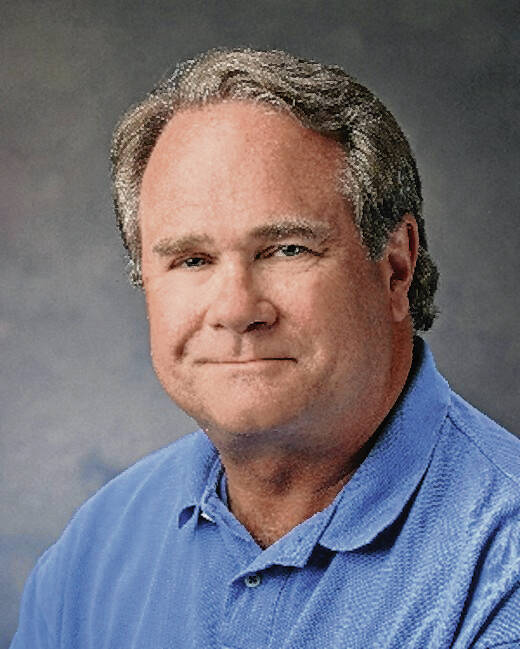
Craig Ladwig
Hoosiers take for granted what economists call “social capital.”
We have been aswim in it throughout our state’s history, beginning with our pioneers and settlers and continuing into our period of industrialization and innovation.
You might assume then that social capital is something we can draw upon without additional effort. You would assume wrong. The supply is dwindling.
Still, those who come to Indiana from other parts of the country invariably are impressed by the quality of people here, our social capital. A visitor and friend remarked upon ordering at a fast-food restaurant in northeastern Indiana that the young woman behind the counter seemed to walk out of a television commercial — her politeness, charm, industry and, perhaps most importantly, her capacity to cooperate toward common aims.
There is a related story that the executives of another restaurant chain noticed that one of their stores was doing 20 times the business of similar stores in other locations. It took them awhile, but by elimination, they discovered the reason: An elderly waitress of uncommon social capital was drawing in customers and keeping them loyal day in and day out.
This kind of person is not created overnight. It takes generation upon generation. Two members of the Indiana Policy Review Foundation, economists Maryann O. Keating and Barry Keating, are studying how it happens — or doesn’t.
In a new book, “Rebuilding Social Capital”(Acton Institute, Christian Social Thought Series), they explore the role of social capital in our communities. Their concern is that it is declining.
“For many Americans today, there are fewer and fewer enduring loves, demanding loyalties and cultural ties,” they write. “Fewer people live where they were born. Families are less stable. Individuals become self-absorbed. This takes place against a background of perpetual dissatisfaction and critiquing of institutions.”
The Keatings cite a study by the Joint Economic Committee, “The Geography of Social Capital in America,” that ranks states and even counties by their social capital score using available measures of social capital (the criteria is explained in the upcoming fall journal). Indiana ranks a disappointing 23rd in the nation. You can look up your county’s score here.
Another courser indication of lost social capital would be the number of homeless (weather conditions being equal). Indiana does relatively better there. Our Dr. Richard McGowan reports Indiana ranks among the states with the lowest number of homeless (8 per 10,000 people compared with California’s 44 per 10,000).
What’s at stake? We are warned that quality of life, constitutional democracy and markets all function well only when they can live off several centuries of accumulated social capital.
Another warning: Avoid political solutions that involve government, which consumes or exploits social capital rather than creates it. There is a relationship, though: Government depends on social capital to run efficiently while social capital cannot be built without freedom of association and speech guaranteed by government.
Oddly, Indiana promoters in the chamber of commerce and legislative mold rarely bring up the state’s social capital, preferring to sell tax rebates and bonding schemes. Perhaps that is because it is difficult to take political credit for social capital. For building, it is an individual thing requiring a willingness to dedicate time, to accommodate differences and to cooperate in the interest of productivity and achievement regardless of who gets the credit.
The good news is that there is no limit to the number of small social-capital “factories” you can start in your community — book and bridge clubs, corner pubs, 4-H projects, neighborhood associations, Bible studies, hobby and study groups, sporting interests, even golf foursomes. It is there, and not staring into a smartphone or pursuing a graduate degree, where we learn to be good citizens, to be good people.
So keep your ears open for something that sounds interesting. Form a new group or join an existing one. The future of our country depends on it.
Craig Ladwig is editor of the quarterly Indiana Policy Review. Send comments to [email protected].
